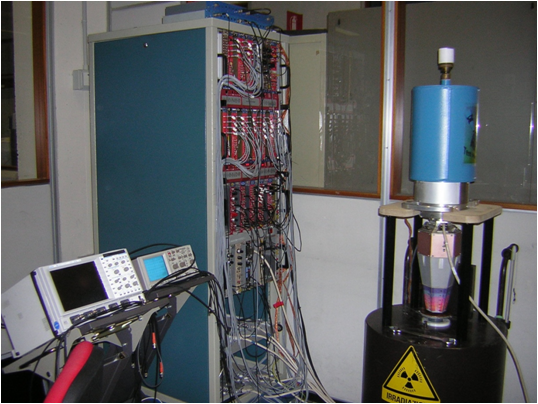ProgrammaNel corso da 6 crediti verranno trattati in primo luogo i temi di fondo alla base della disciplina probatoria: il diritto alla prova, la prova ex officio, i criteri di ammissione, di acquisizione e di valutazione. Inoltre si analizzerà il tema delle invalidità probatorie: nullità e inutilizzabilità.
Per raggiungere i 9 crediti va aggiunta al programma da 6 crediti una parte inerente i procedimenti speciali.
Metodi didatticiIl corso da 6 crediti è dedicato al tema della prova che verrà analizzato anche alla luce delle norme costituzionali e convenzionali nonché della giurisprudenza costituzionale ed europea. Verranno trattati anche casi pratici in incontri seminariali.
Per raggiungere i 9 crediti, al corso da 6 crediti si aggiunge una parte di 3 crediti che riguarda alcuni temi relativi ai procedimenti speciali, alla luce di casi e giurisprudenza.
Materiale di riferimentoPer l'esame da 6 crediti , il programma è il seguente:
-- AA.VV., Procedura penale, Giappichelli, 2024 (O. Dominioni, capp. VII, VIII, IX, p. 289-394); P. Tonini - C. Conti, Il diritto delle prove penali, Giuffrè, 2025, nelle parti che verranno indicate).
Per l'esame da 9 crediti, il programma è il seguente:
-- AA.VV., Procedura penale, Giappichelli, 2024 (O. Dominioni, capp. VII, VIII, IX, p. 289-394); P. Tonini - C. Conti, Il diritto delle prove penali, Giuffrè, 2025, nelle parti che verranno indicate).
AA.VV., Guida ai procedimenti speciali in materia penale, Giappichelli, 2024 (nelle parti che verranno indicate.
Modalità di verifica dell’apprendimento e criteri di valutazioneLa prova finale relativa all'insegnamento si svolge in forma orale e la valutazione è espressa con un voto in trentesimi, con eventuale lode. I criteri per la valutazione della prova orale tengono conto della correttezza dei contenuti, della comprensione dei nessi sistematici, della chiarezza nell'esposizione e della capacità di analisi.
La frequenza è raccomandata perché consentirà anche di partecipare a udienze presso il Tribunale di Milano, agli incontri con magistrati e avvocati. Sono previste altresì attività seminariali dirette a risolvere casi e questioni.



